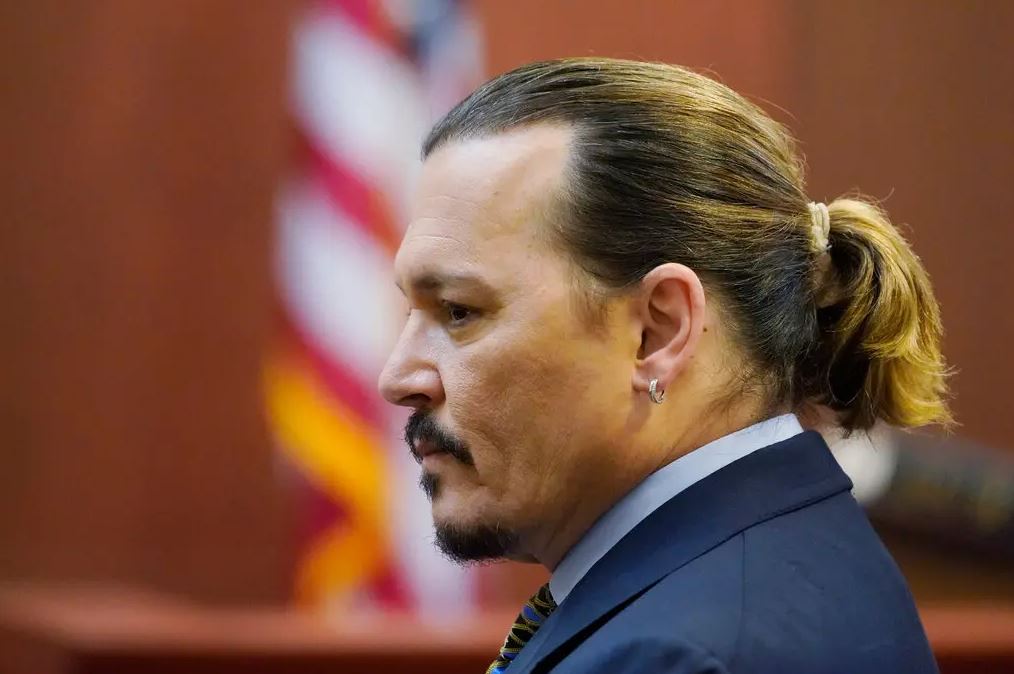As the #MeToo movement encouraged the public airing of claims of sexual assault and misconduct, defamation lawsuits rapidly became a weapon that the accused as well as the accusers could use to seek revenge and atonement.
In an effort to defend their identities, men who have been accused of inappropriate behaviour are increasingly turning to defamation lawsuits, while victims who have been accused of filing false charges are now doing the same. However, due to the high expenses of hiring attorneys and the anxiety associated with disclosing humiliating information in open court, a significant number of cases of this kind are resolved before they ever get to trial.
Ms. Heard countersued Mr. Depp for defamation after a lawyer representing him made several statements to a British tabloid calling her abuse accusations a “hoax.” The award of $10.35 million to Mr. Depp was offset by a partial victory for Ms. Heard in the amount of $2 million. Ms. Heard countersued Mr. Depp for defamation. Two of those claims were not found to be defamatory by the jury, but they did decide that one of those remarks, in which the lawyer accused Ms. Heard of causing damage to the couple’s penthouse and called 911 “to set Mr. Depp up,” did in fact disparage her.
In recent years, there have been a number of high-profile defamation lawsuits that have been resolved before they went to trial. In 2019, seven of the women who had previously accused Bill Cosby of sexual assault and subsequently sued him for defamation when they were accused of lying resolved their claims. A spokeswoman for Mr. Cosby said that his insurance company made the decision to settle the lawsuits without his knowledge. And just recently, the casino tycoon Steve Wynn came to an agreement to settle a defamation complaint he had brought against the attorney Lisa Bloom. Ms. Bloom had said that she would recant a statement in which she accused Mr. Wynn of engaging in improper conduct with a client.
Several attorneys and other legal experts have said that as a result of the decision in the Depp case, those who have been accused of violence and misbehaviour may now be more likely to attempt to bring defamation suits to trial. And other advocacy groups and attorneys are concerned that the case might have a chilling effect on victims of domestic violence or sexual abuse, adding to the victims’ anxieties that they will be penalised for coming out about the harm they have experienced.
The trial was recorded by two cameras that were placed in the courtroom. This made it possible for the evidence to be compiled into memes and online discussion, the majority of which made fun of Ms. Heard’s claims that she had been abused. Elaine Charlson Bredehoft, one of Ms. Heard’s attorneys, said on Thursday’s episode of NBC’s “Today” programme that the trial had been converted into a “zoo” as a result of the presence of television cameras.
Ms. Bredehoft had attempted to convince the judge to ban cameras from the courtroom prior to the trial. She did this by arguing that Ms. Heard would be describing incidents of alleged sexual violence and by predicting that “anti-Amber” networks would take statements out of context and play them repeatedly. The judge rejected these arguments.
The ruling to enable cameras was given by Judge Penney S. Azcarate, who maintained that Ms. Bredehoft’s argument concerning victims of sexual assaults would only apply to criminal proceedings. The judge expressed the opinion that permitting cameras may make the courtroom “safer” since it would enable a larger number of people to access the proceeding remotely.
The dispute between Mr. Depp and Ms. Heard was so convoluted and unique in its level of public spectacle, according to several attorneys, that people should be wary of drawing any conclusive conclusions about how their own legal proceedings would progress based on what happened in the case between Mr. Depp and Ms. Heard.

